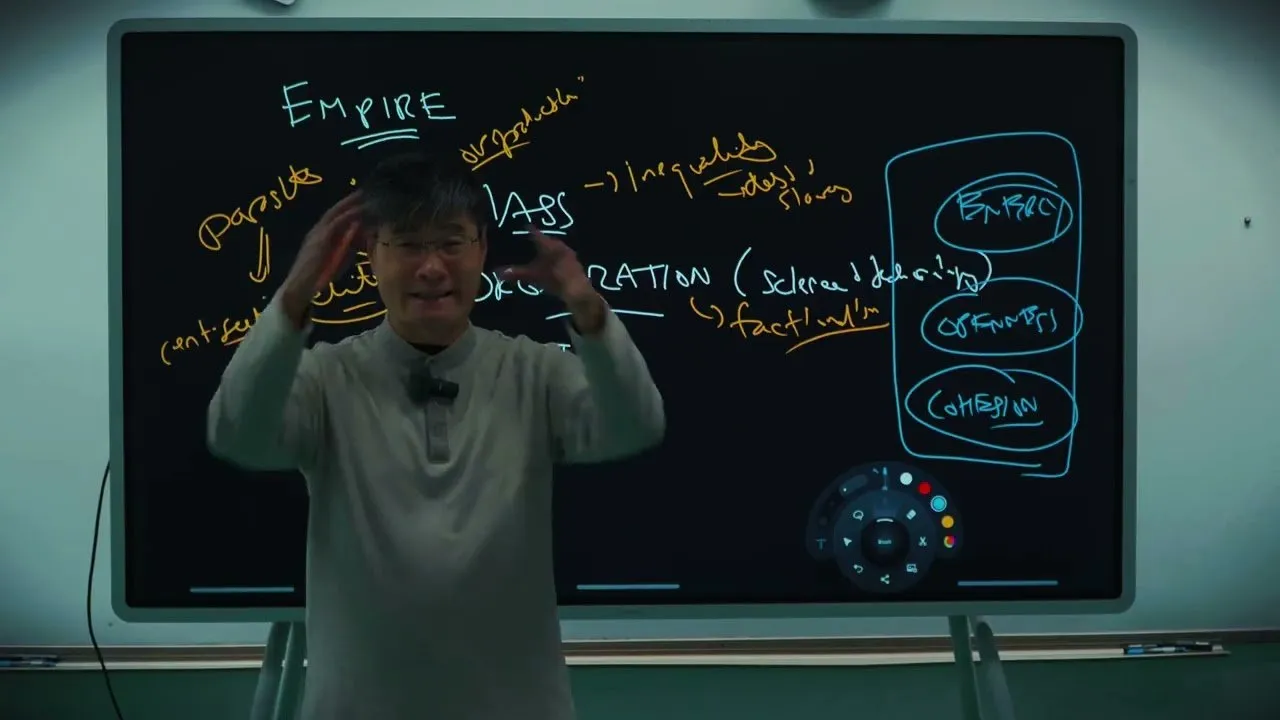Table of Contents
A massive AI infrastructure agreement between the US and Gulf states has created unexpected political rifts over China strategy and American competitiveness.
Key Takeaways
- Trump announced hundreds of billions in AI deals with UAE and Saudi Arabia during his Middle East visit
- The agreements focus on building massive data centers housing advanced AI chips from Nvidia and AMD
- Washington remains split between economic competitiveness advocates and China security hawks over the deals
- Export control mechanisms exist but critics worry about inadequate safeguards against Chinese technology diversion
- The deals represent a shift from Biden's global regulations toward bilateral country-specific AI agreements
- China's domestic chip production remains severely limited at roughly 200,000-380,000 advanced chips annually versus 1.5 million needed
- Malaysia's recent backtracking on Huawei chip deployment highlights ongoing tensions in global AI infrastructure choices
- David Sax advocates for aggressive US tech diffusion globally to maintain market dominance over China
The Massive Middle East AI Infrastructure Push
During Trump's four-day Middle East tour, American tech companies and Gulf nations announced hundreds of billions of dollars worth of AI infrastructure deals. The centerpiece involves one of the world's potentially largest data centers, anchored by Abu Dhabi's G42 AI firm with major participation from Oracle, OpenAI, and Nvidia. These agreements fundamentally reshape global AI computational capacity beyond the traditional US-China duopoly.
- The UAE and Saudi Arabia secured massive Nvidia chip allocations alongside equipment from rival Advanced Micro Devices, creating new major players in global AI infrastructure capacity
- Abu Dhabi's deal includes reciprocal investment provisions requiring equivalent American soil investments for every dollar spent in the Gulf nation
- Oracle's participation addresses their massive data center expansion plans, particularly in Malaysia, which faced constraints under previous Biden administration regulations
- The agreements continue Abu Dhabi's established pattern of building large international partnership campuses with foreign technology companies
Washington's Economic Versus Security Split
The deals have exposed fundamental disagreements within Washington over priorities between economic competitiveness and national security concerns. Democrats particularly questioned why massive data centers aren't being built in Ohio or Pennsylvania instead of Abu Dhabi. Republicans counter that these deals complement domestic expansion while creating strategic partnerships.
- Trump administration officials emphasize cutting red tape to facilitate both domestic and international data center development simultaneously
- The bilateral arrangement includes reciprocal investment requirements ensuring American soil benefits match Gulf nation investments
- Critics argue the US should maximize domestic infrastructure development before expanding internationally, especially in sensitive AI technology sectors
- Supporters view the deals as essential for maintaining global market share against Chinese technological advancement and preventing US isolation
The China Diversion Problem and Export Controls
Export control mechanisms exist but face significant implementation challenges in preventing Chinese access to American AI technology through third countries. The US government operates with extremely limited oversight capacity - only a small handful of export control officers globally monitor physical chip locations and data center operations.
- High-level provisions in the US-UAE arrangement address preventing diversion to China and restricting Chinese remote access to Gulf facilities
- The Trump administration has requested increased funding for the agency executing export controls to expand monitoring capabilities
- Some Washington officials worry that major deal announcements preceded detailed security arrangement specifications, potentially creating enforcement gaps
- Physical verification involves export control officers checking facilities and interviewing data center operators about chip locations and access protocols
China's Limited Chip Production Reveals Vulnerabilities
Recent assessments indicate China's domestic advanced chip production remains severely constrained despite years of investment. Commerce Secretary Howard Lutnick estimates China produces approximately 200,000 advanced chips annually, far below the 1.5 million AI accelerators the country needed in 2024 according to market research.
- Alternative estimates suggest China can produce around 380,000 of its most advanced AI chips domestically, potentially reaching multiple millions next year
- Huawei secured a significant one-time infusion through ordering 2.9 million chips from TSMC via an intermediary later sanctioned by the US government
- The Biden administration increased due diligence requirements for foundries in their final week, while TSMC cooperates with US investigations into these transactions
- Malaysia's announcement and subsequent retraction of a Huawei-powered national AI system using 3,000 Ascent chips demonstrated both China's export ambitions and international sensitivity to US pressure
From Global Regulations to Bilateral Deals
The Trump administration has abandoned Biden's complex global AI diffusion framework in favor of country-specific bilateral agreements. Biden's approach divided the world into three tiers of chip access, with most countries facing caps on advanced semiconductor imports unless they accepted extensive security conditions.
- Biden's validated end-user designation system required companies to submit detailed security requirements for data center projects in exchange for exemptions from national caps
- The previous framework limited any single tier-two country to no more than 7% of a company's global computing capacity, creating major obstacles for Oracle's Malaysia expansion plans
- European Union nations objected to inconsistent tier placements that potentially disrupted free trade within the bloc
- The Gulf deals represent the clearest indication of Trump's replacement approach, emphasizing bilateral negotiations over comprehensive global regulations
The Gulf AI deals mark a decisive shift toward bilateral technology partnerships while the fundamental tension between global market expansion and China containment remains unresolved. Trump's approach prioritizes commercial relationships and market share over comprehensive security frameworks, though long-term effectiveness depends on successfully preventing Chinese access to American AI capabilities.





